Because cans are environmentally friendly!
Many kombucha brands advertise with the light and uncomplicated packaging in the form of a can. We think a real kombucha lover drinks the tea drink from the glass bottle. This is not only emotional, but also healthier for you and your environment in many ways. We have summarized for you why we believe that kombucha belongs in the glass bottle and not in the aluminum can.
1. I want to see live kombucha, not just taste it
In most cases, the fermented tea drink is not only drunk because it is super refreshing and delicious. It contributes to a healthier life and above all supports the intestines in the form of the many living cultures and nutrients.
The can completely disguises the tea beverage and its vibrant cultures. If you don't have a glass at hand, you drink the kombucha from the can, without any idea about the color and the current state of the drink. If the proper cooling was neglected, it may have continued to ferment and small mini-cultures have formed. In an opaque can, this can lead to an unpleasant surprise in the form of a slippery culture in the mouth. You would have discovered them long ago in the glass bottle.
Kombucha should be protected from UV rays and is therefore often filled in brown glass bottles. Since we store our bottles in opaque boxes and it is then cooled directly by our dealers, our bottles are sufficiently protected.

2. Aluminum cans are coated on the inside with plastic - in most cases this contains BPA
Cans should be protected against corrosion so that no metals can come loose and get into the liquid in the can. This could change the taste and color of the drink. For this reason, the surface of a can is covered with an epoxy plastic in the form of a thin film. Bisphenol-A (BPA) is almost always present in this substance.
Various independent scientists and environmental organizations have long warned of the harmful effects of BPA on the human body and its hormones. Scientists also question a safe dose of the chemical, as is often argued.
It's thought-provoking that even with low levels of BPA, if you regularly consume kombucha from a can, the levels of the chemical can end up stacking up virtually uncontrollably.
High acidity, like that found in kombucha, intensifies the penetration of BPA. According to the consumer center, “At the beginning of January 2015, the European Food Safety Authority announced a provisional new limit value for bisphenol A intake. The daily intake level considered safe has been reduced from 50 micrograms per kilogram of body weight to 4 micrograms per kilogram of body weight.”

3. How harmful is a can really for the environment?
After a long break, the can has slowly found its way back onto supermarket shelves and cafés. The image seems to have been polished properly. Various traders advertise with slogans such as that of the Association of Can Manufacturers that a can has a “recycling rate of 99 percent” and that the light weight compared to a glass bottle “saves CO ² during transport”. If you take a closer look at the processes, it quickly becomes clear that the recycled cans do not really always become new cans.
Only 50 to 70 percent of the recycled material is used for new cans, but not without the necessary 30 to 50 percent of new aluminum being added. Conversely, the fewer cans that are produced, the less new aluminum is required.
Added to this is the high amount of energy required to produce aluminum cans. In addition, the can has a comparatively high recycling effort in the form of a multi-stage process.
What prevents us from bottling in particular is the fact that primeval forests and rain forests are cut down in various countries such as Brazil or Indonesia for the mining of bauxite, the raw material for aluminium. We cannot reconcile that with our organic product. The glass bottle is still one of the heaviest compared to others during transport and has an increased CO ² balance there, but meanwhile the proportion of broken glass in glass bottles is up to 83 percent and with the latest technology only approx. 150 ml of water per Bottle used for cleaning.

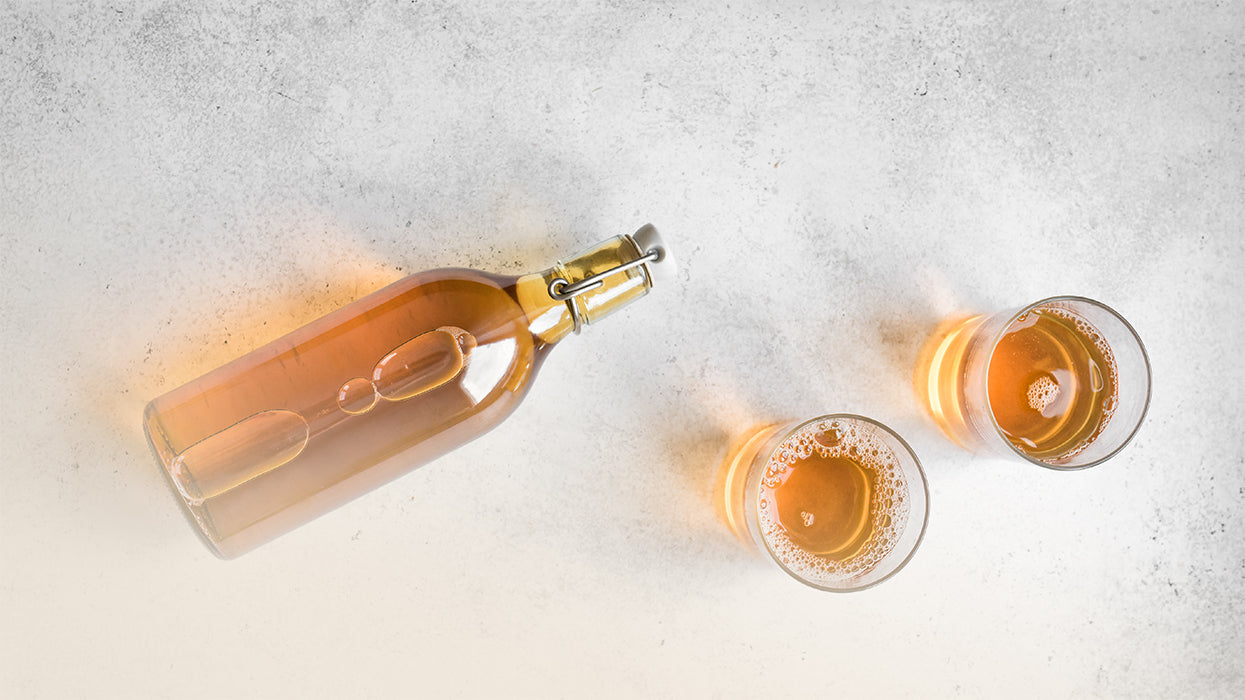




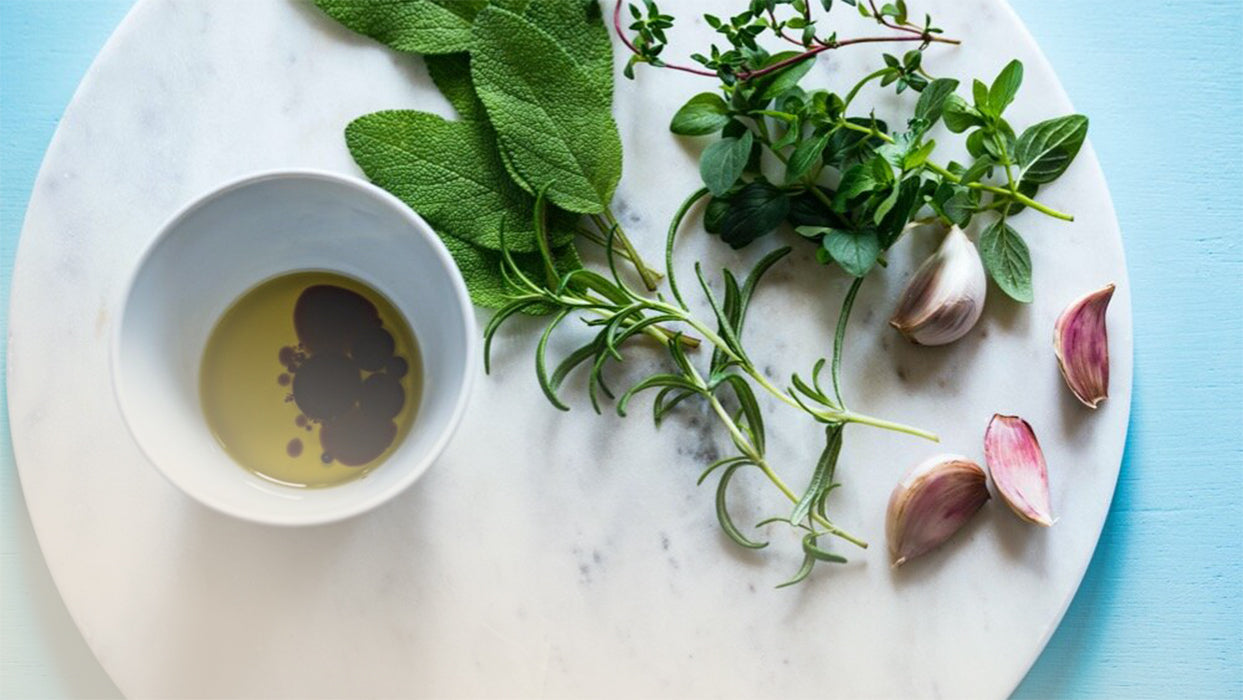

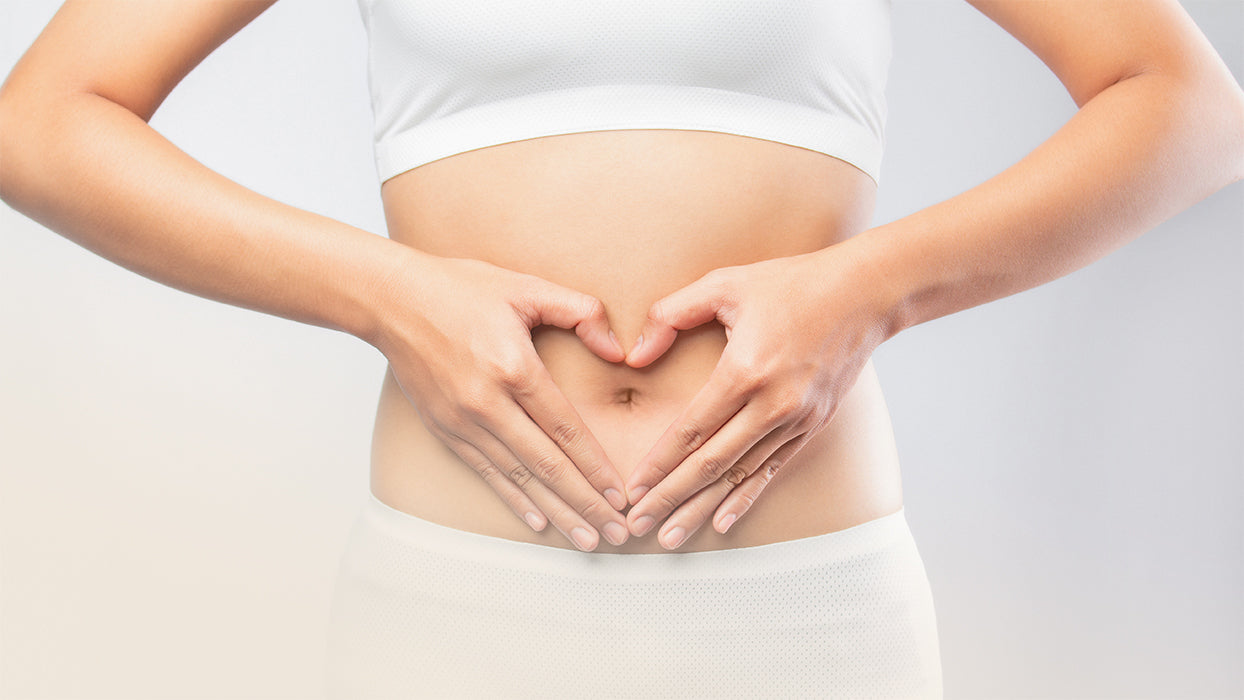
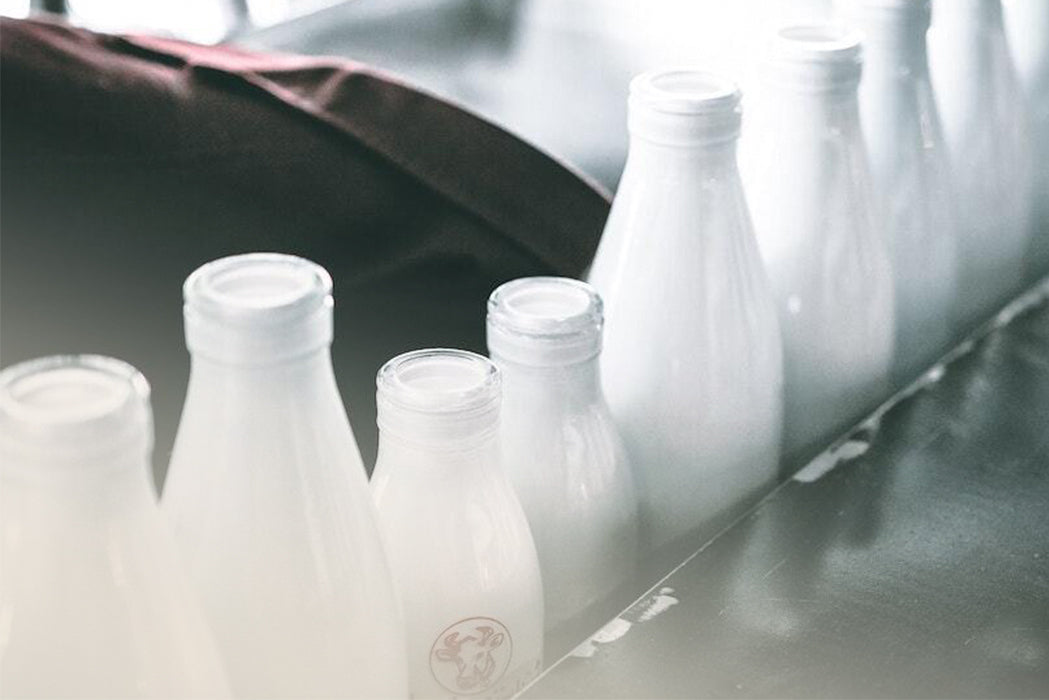
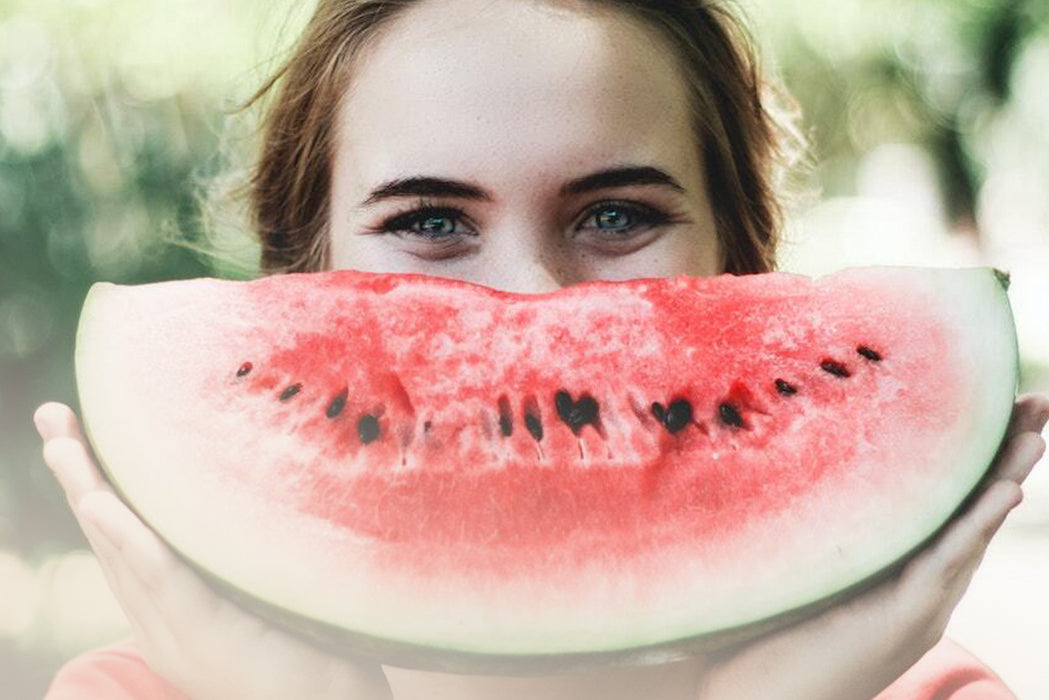
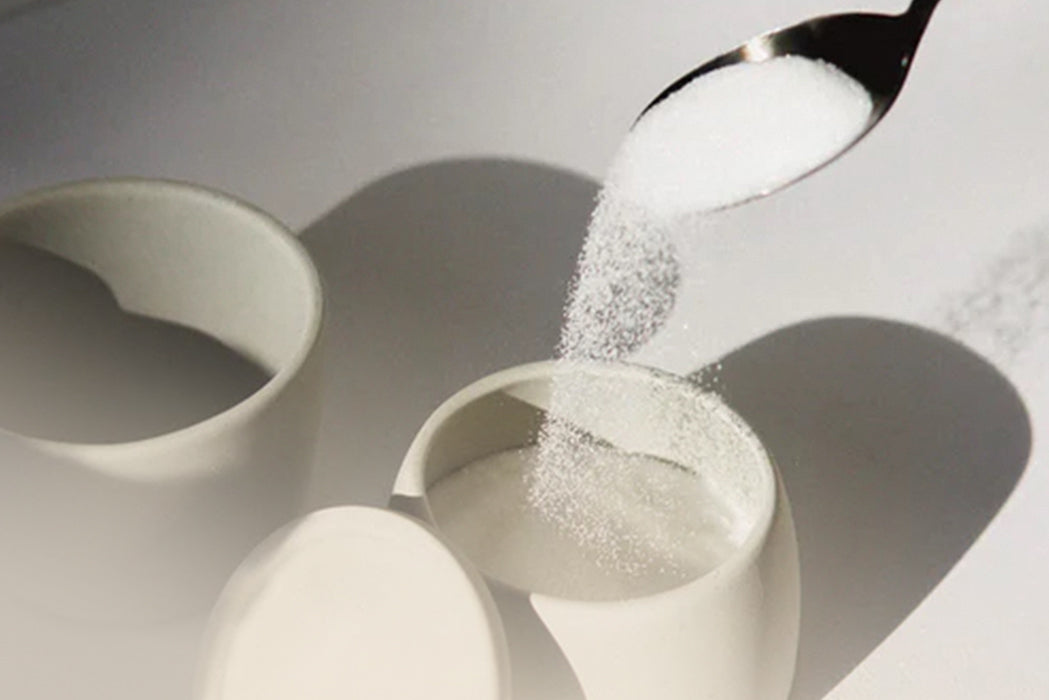
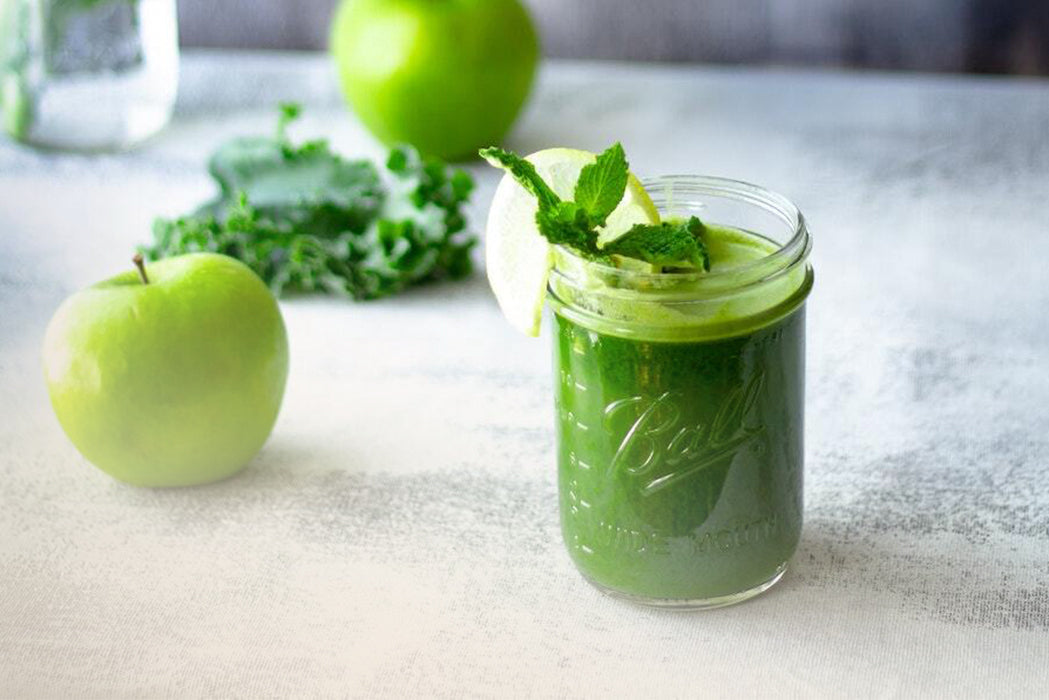
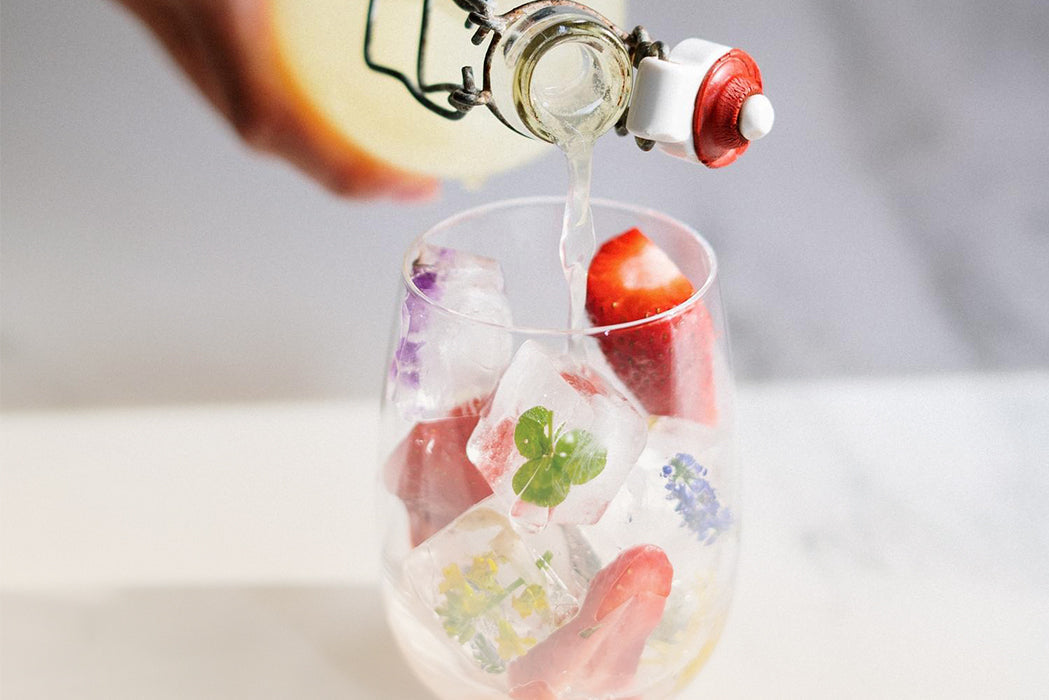
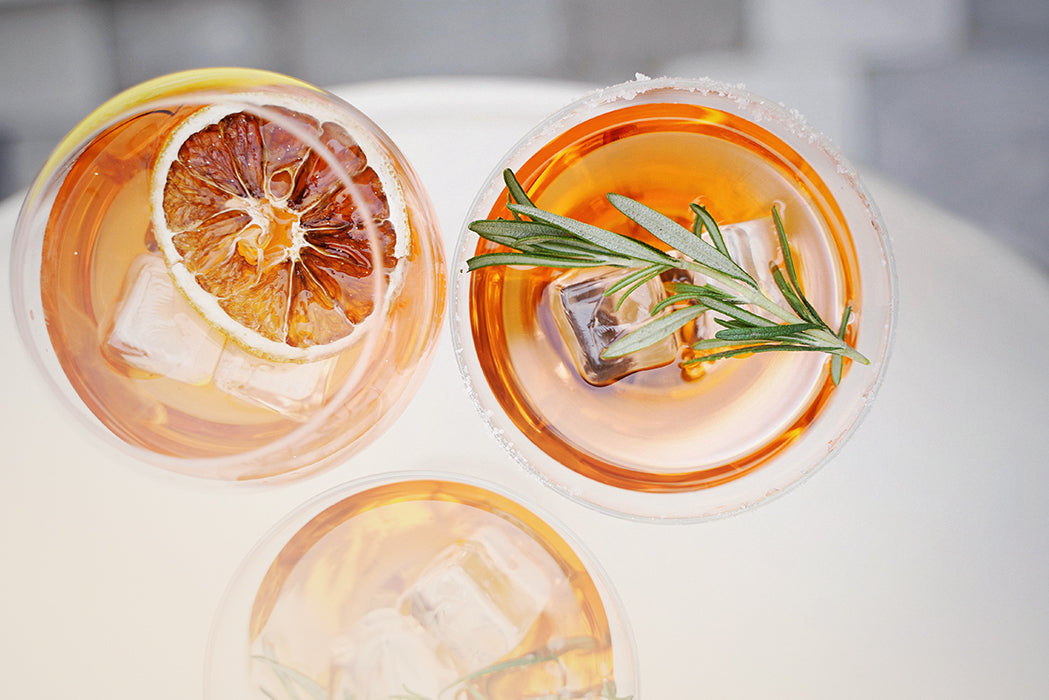
Teilen: